The Honest Truth About Getting Dental Implants in Thailand
Getting dental implants in Thailand is a popular choice, offering high-quality care and huge cost savings in a world-class setting. Its internationally accredited hospitals and skilled dentists, particularly in Bangkok and Phuket, provide a premier experience. . However, a successful trip requires more than just booking a flight. Many patients later wish they had better understood the practical realities beyond the low price, such as the mandatory two-trip timeline for proper healing and how to vet a dentist's specific qualifications.
This guide uses the experiences of past patients to cover the critical details you need to know, from implant brands to recovery planning. Our goal is to provide the insider knowledge needed for a safe, successful, and affordable trip.
How much can I realistically save on dental implants in Thailand?
Here's a simple breakdown of why dental care in Thailand is so affordable:
-
The Reason for Savings: Lower operating costs for clinics (rent, salaries, utilities) in Thailand directly translate to lower prices for patients.
-
Quality Is Not Sacrificed: At reputable, internationally recognized clinics, these savings do not come from using inferior materials or older technology.
-
The Patient Benefit: This makes advanced treatments, like full-mouth reconstructions, a viable option for many who couldn't afford them back home.
What are the potential extra costs to budget for?
A frequent surprise for dental tourists is that the initial quote often excludes necessary prep work. It's common for an in-person 3D scan to reveal that your jawbone is too thin to support an implant, requiring an additional, costly procedure like a bone graft or sinus lift. Many patients wish they had asked for a "worst-case scenario" quote upfront to budget for these common possibilities.
| Additional Procedure | Estimated Cost in Thailand (USD) | Reason It Might Be Needed |
|---|---|---|
| Bone Graft | $400 - $1,000 | Insufficient jawbone density to secure the implant. |
| Sinus Lift | $800 - $2,000 | Needed for upper jaw implants when the sinus cavity is too close to the jaw. |
| 3D Cone Beam CT Scan | $150 - $400 | Essential for precise surgical planning; sometimes billed separately. |
| Tooth Extraction | $50 - $150 | Removing a failing or damaged tooth before implant placement. |
How do I verify a Thai dentist's qualifications?
Many patients wish they had vetted their specific surgeon more carefully. Here is a checklist to use:
-
Look for a Specialist: Ensure they are a trained implantologist or prosthodontist, not a general dentist.
-
Verify Advanced Training: Check for postgraduate degrees from reputable universities abroad (e.g., U.S., UK, Germany), as this indicates adherence to the highest global standards.
-
Ask About Experience: Inquire about the number of implant procedures they perform annually.
-
Request a Portfolio: Ask to see before-and-after photos of cases that are similar to yours.
What does JCI accreditation really mean?
This is a detail many people see but don't fully understand. JCI is a U.S.-based organization that is recognized as a global leader in healthcare accreditation. For a Thai dental hospital to achieve this status, they must pass a comprehensive evaluation of their procedures, from sterilization and infection control to staff qualifications and patient rights.
Many patients wish they had made JCI accreditation a non-negotiable requirement. This accreditation is a powerful assurance that the clinic meets rigorous international standards for safety and quality, equivalent to top hospitals in your home country. It's one of the most reliable indicators of a facility's commitment to excellence.
Is the implant timeline really two separate trips?
Don't be misled by "teeth in a day." The success of a permanent implant depends on osseointegration, the months-long process where your jawbone fuses to the implant post. This step is vital for creating a strong foundation and cannot be rushed.
This biological process cannot be rushed and is the key to an implant's longevity. Rushing this phase is a major cause of implant failure. Therefore, the standard, medically-sound protocol involves two trips:
- Trip 1: Surgery. The implant post is surgically placed in your jaw.
- Healing Period: You return home for 3-6 months for osseointegration to occur.
- Trip 2: Restoration. The permanent crown is created and fitted onto the now-stable implant.
Understanding and planning for this two-stage process is essential for a successful outcome.
What are the best implant brands to ask for?
Don't overlook the brand of your dental implant. Here's why it's a question you must ask:
-
It's a Permanent Medical Device: The quality of the implant directly impacts your long-term health and the procedure's success.
-
Research Matters: Top-tier brands have decades of clinical research and data proving their longevity.
-
Know the Leaders: Ask your clinic if they use world-leading, highly researched brands like Straumann or Nobel Biocare.
Choosing a top-tier brand ensures you are receiving a product with a proven track record of success and longevity. Furthermore, if you ever need maintenance or a new crown years later, any dentist in your home country will be able to easily identify and work with components from these major manufacturers. This can be very difficult with a lesser-known or regional brand.
What is aftercare like when I get back home?
A common oversight is planning for aftercare. Since flying back to Bangkok for a minor issue isn't practical, the best approach is to speak with your local dentist before you leave. Ask if they'll assist with follow-ups and make sure your Thai clinic gives you all your implant records. This preparation provides essential peace of mind.
Ready to explore your options for world-class dental clinics in Thailand? PlacidWay connects you with pre-vetted, internationally accredited clinics and top-rated dentists. Visit PlacidWay today to get a free quote and plan your dental implant journey with confidence!

.png)

.png)


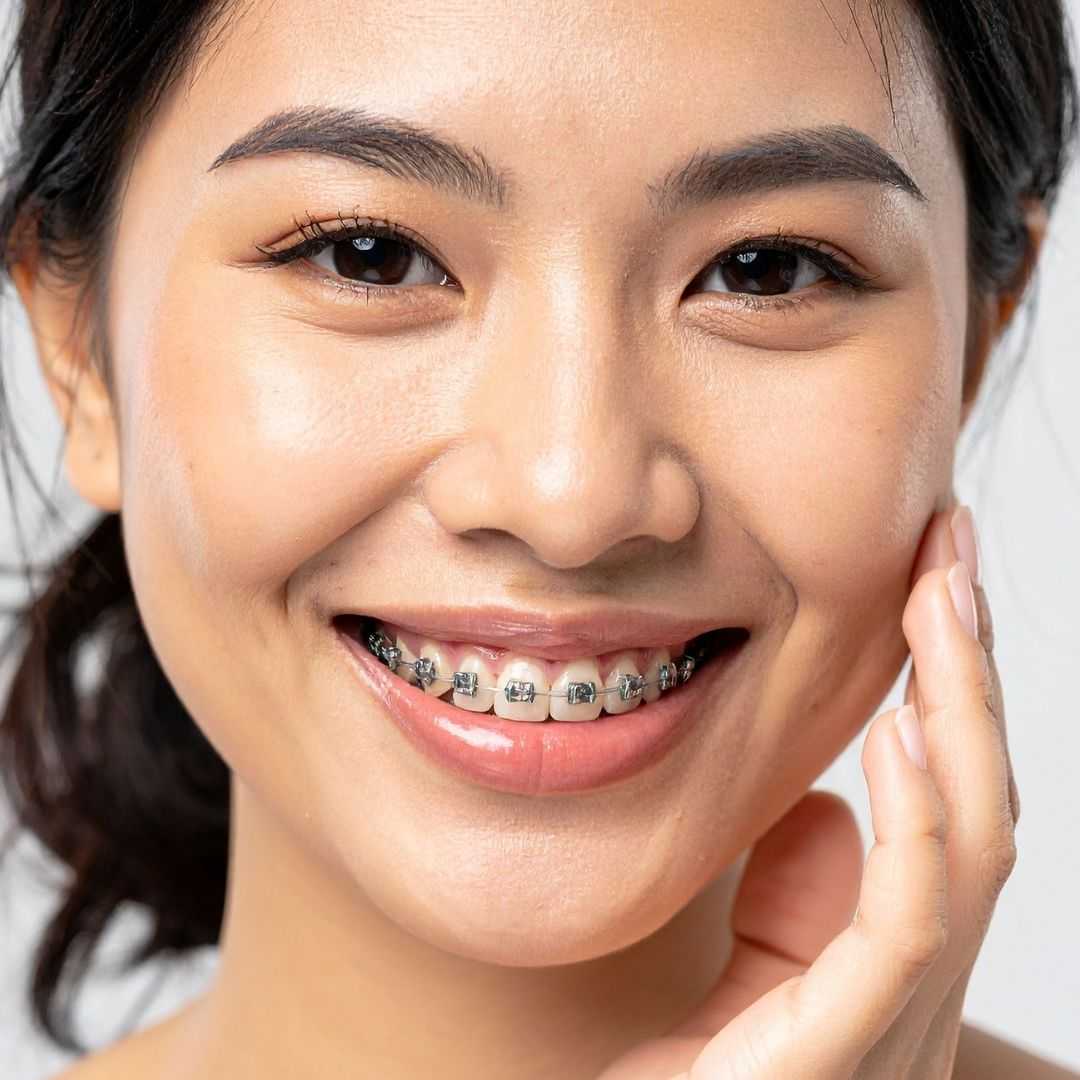
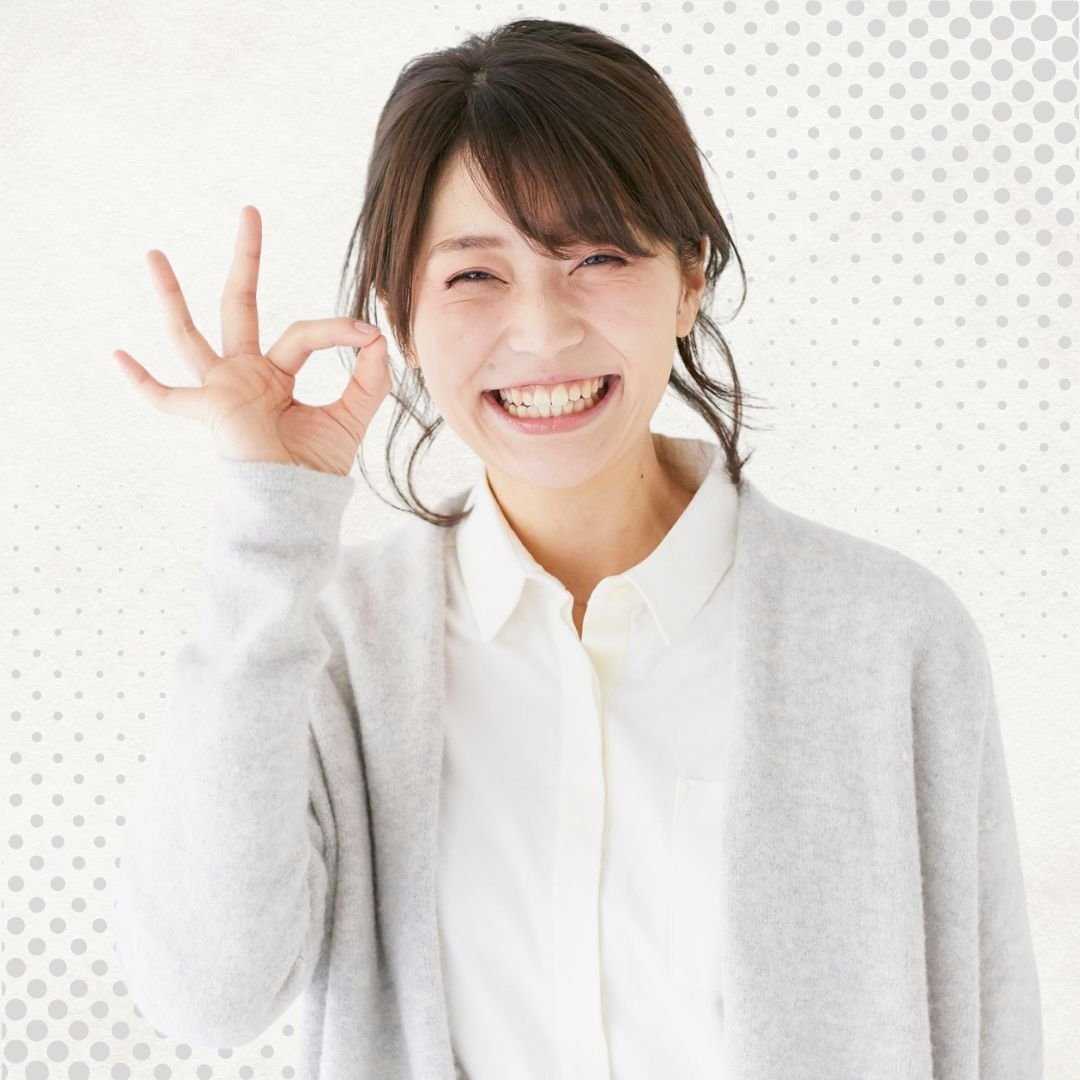
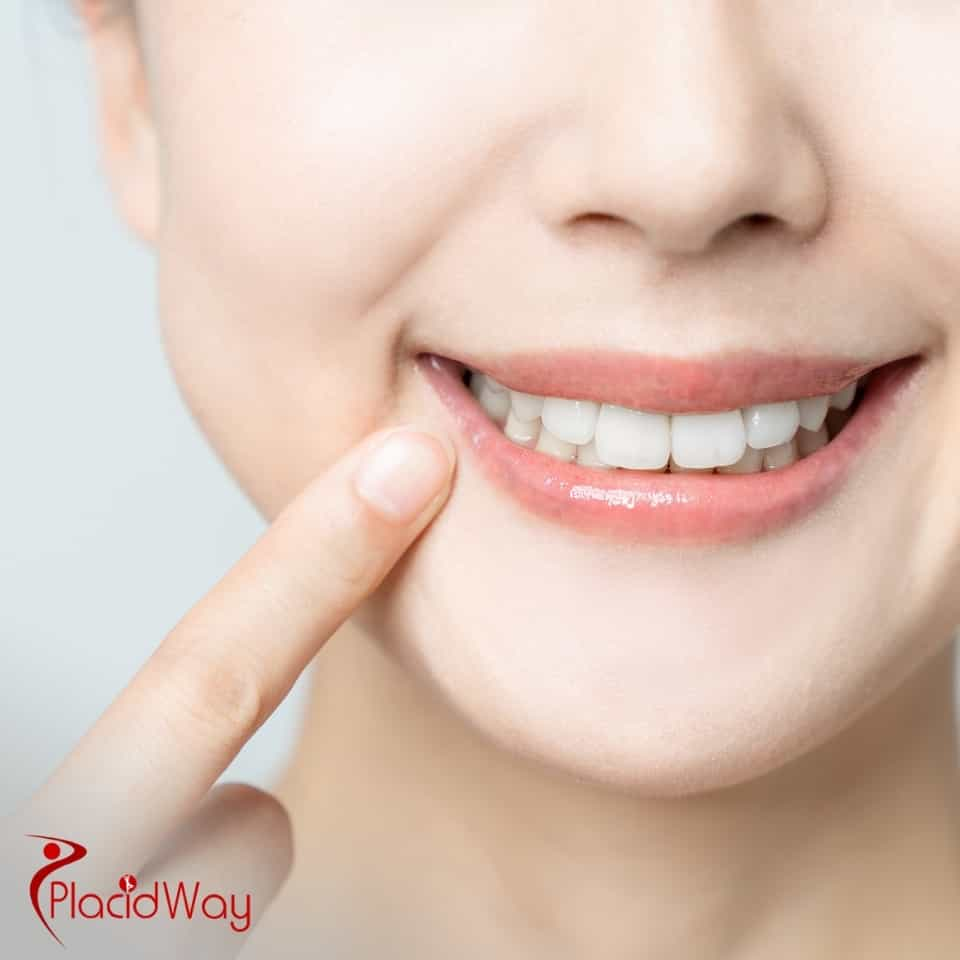
.png)
.png)
.png)
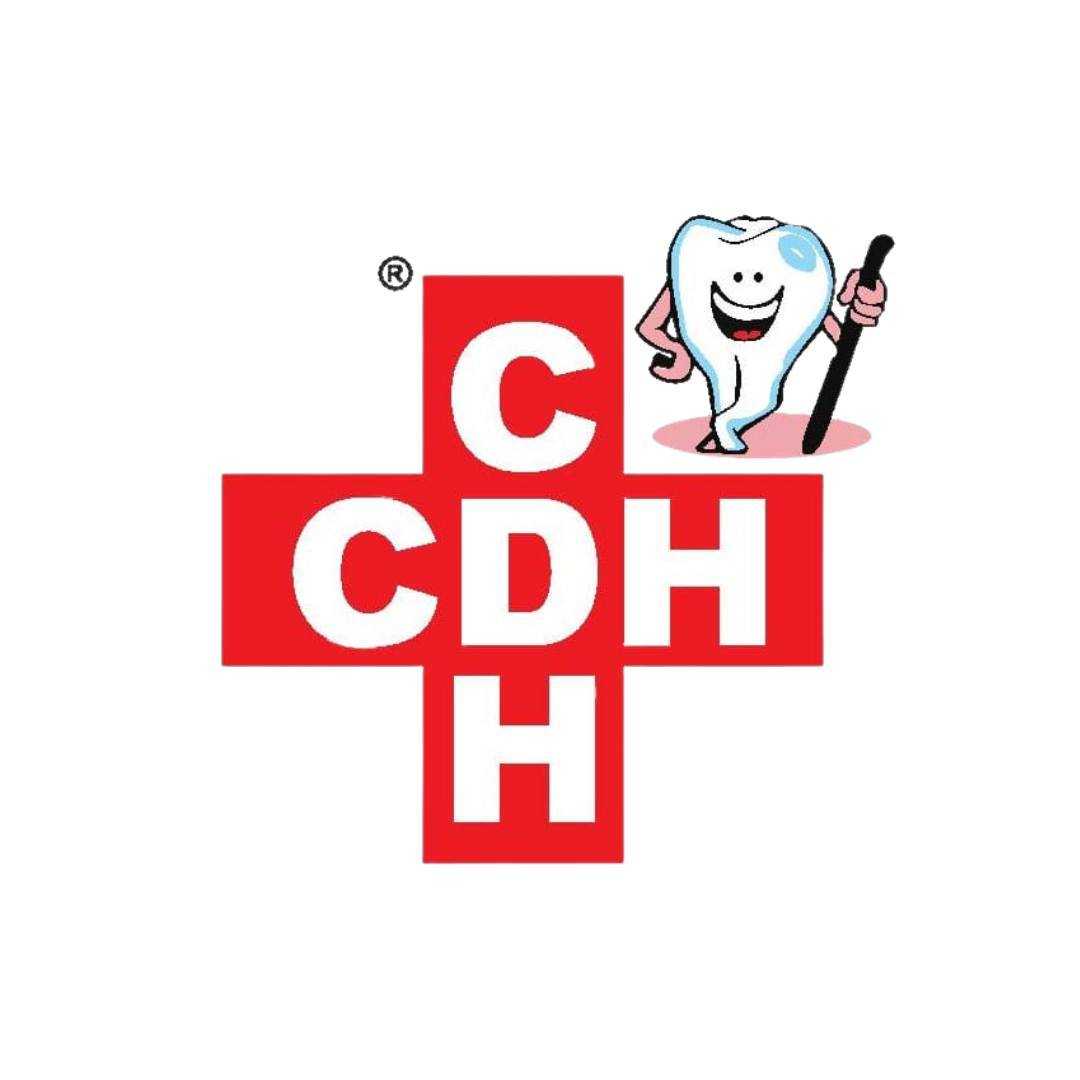
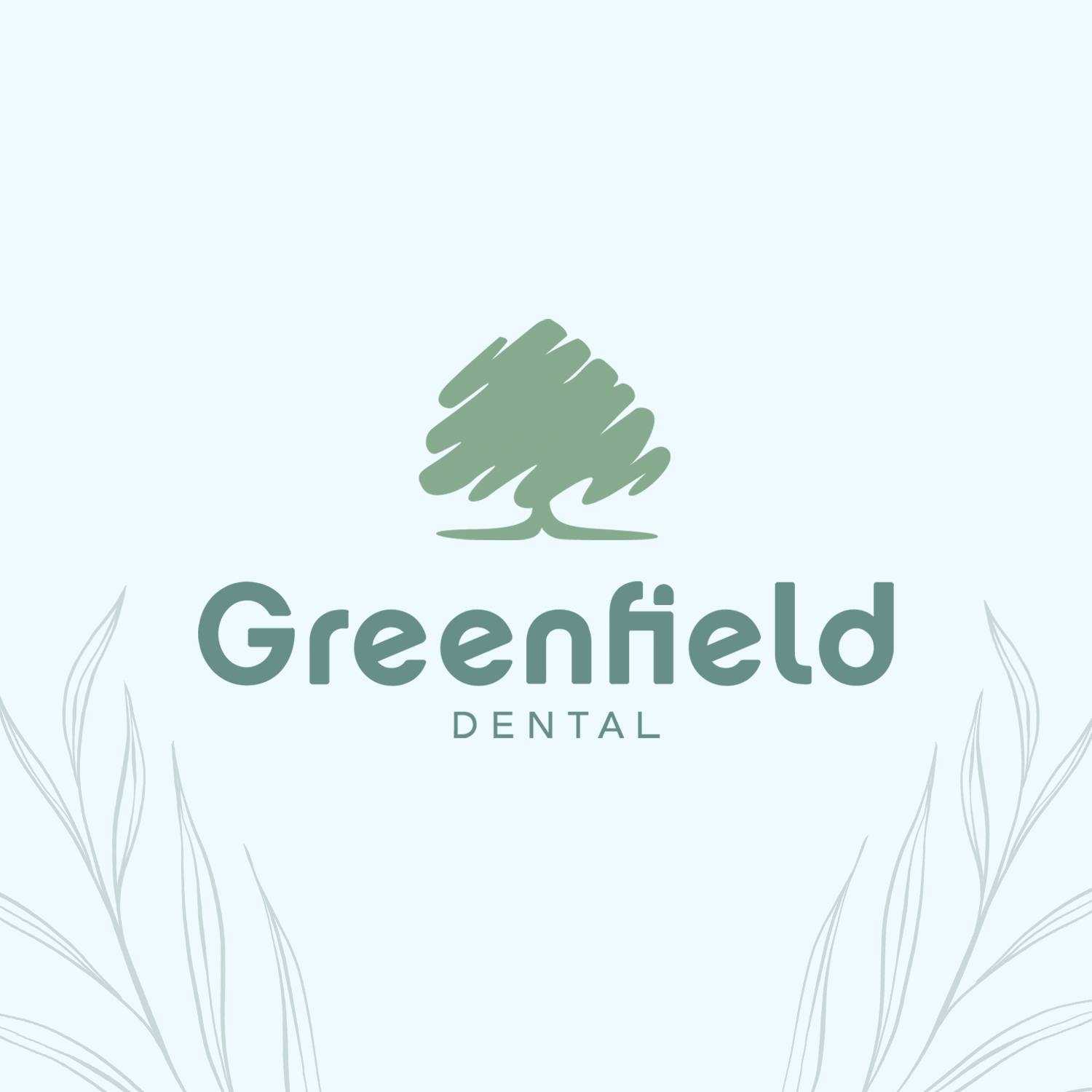
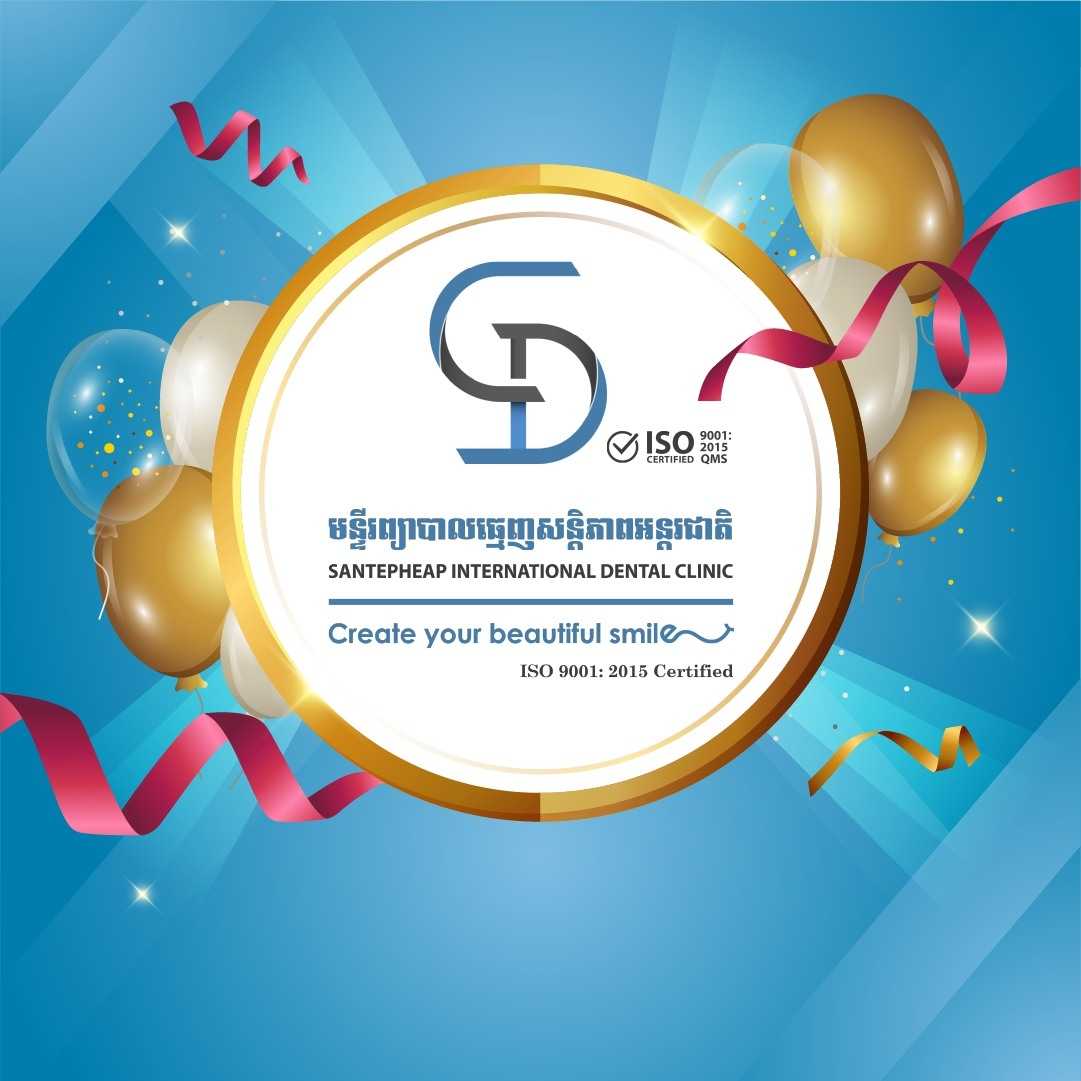
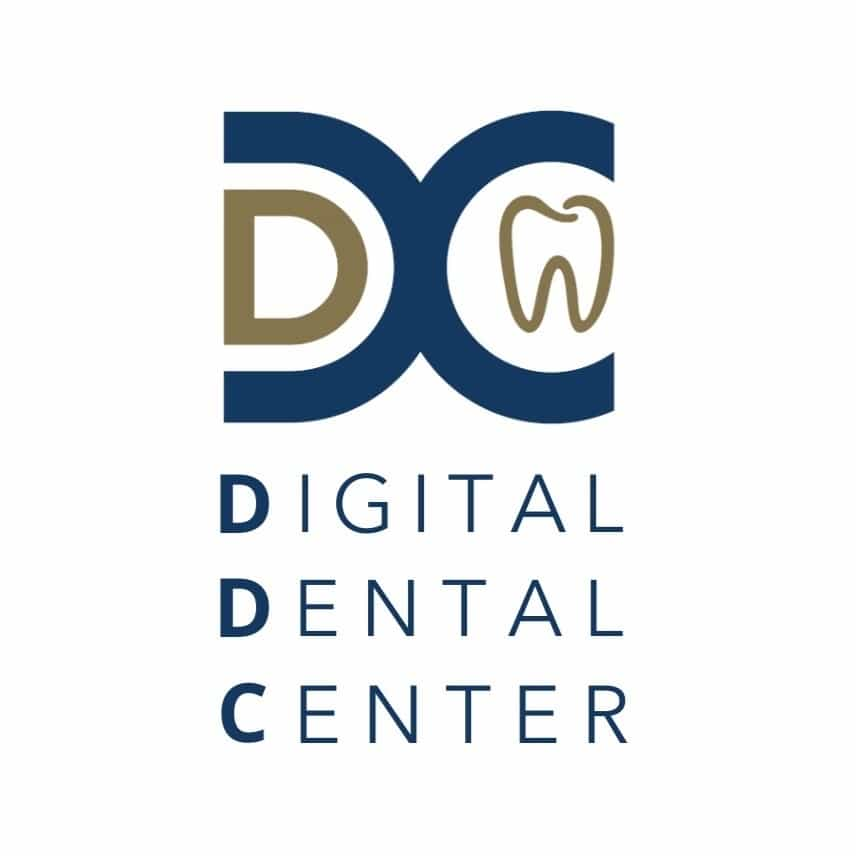
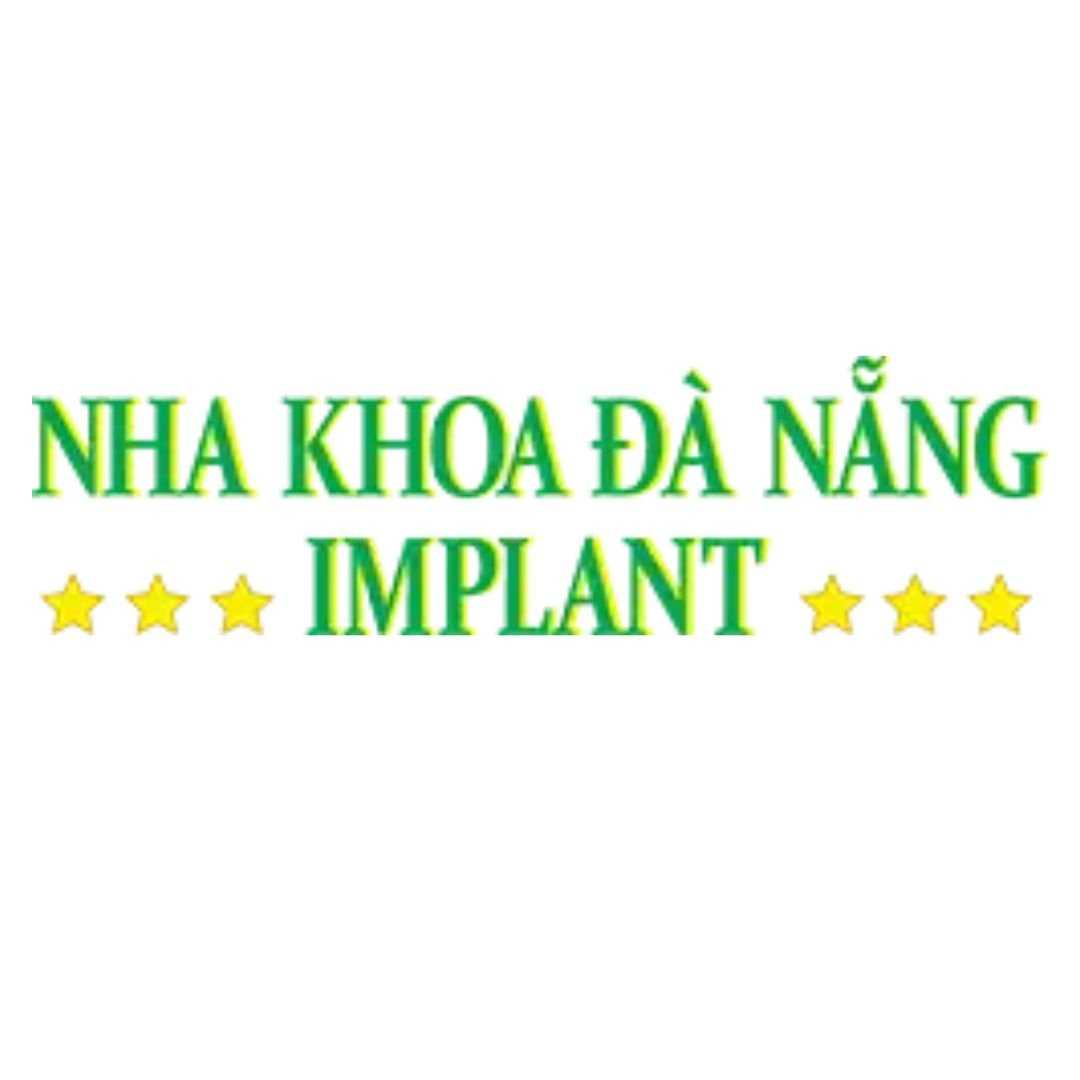

Share this listing